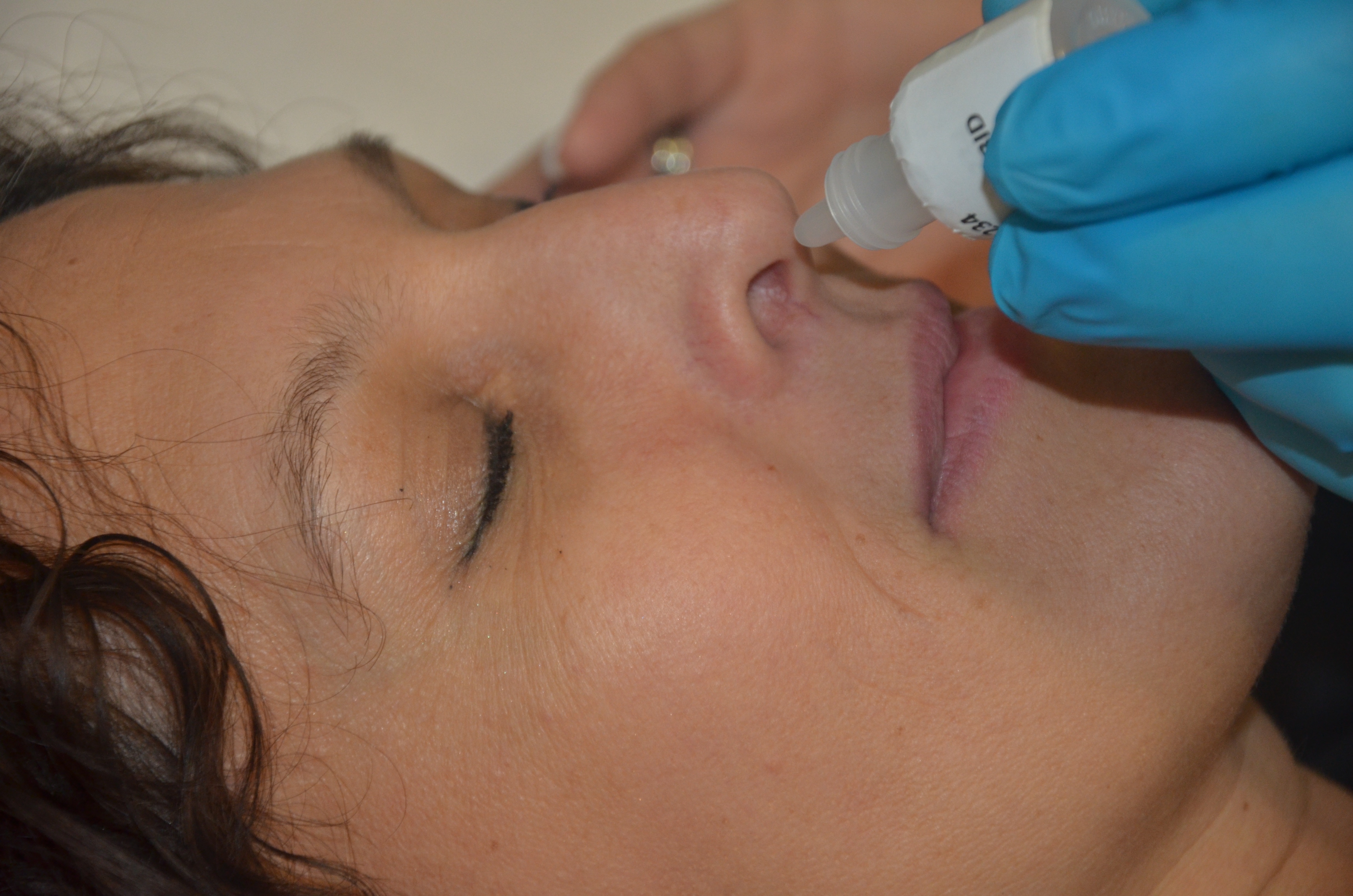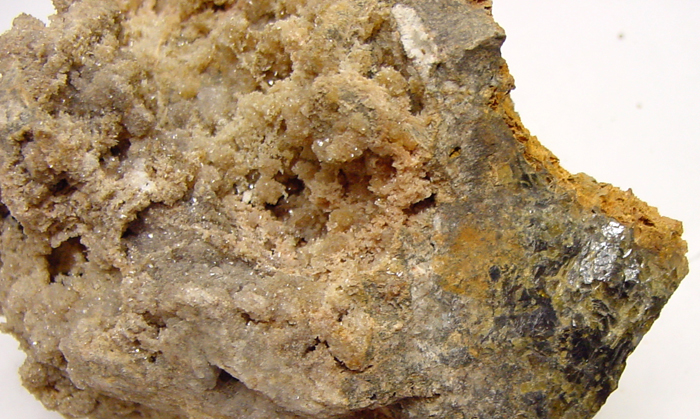|
Medical Uses Of Salicylic Acid
Salicylic acid is used as a medicine to help remove the outer layer of the skin. As such it is used to treat warts, skin tags, calluses, psoriasis, dandruff, acne, ringworm, and ichthyosis. For conditions other than warts, it is often used together with other medications. It is applied to the area affected. Side effects include skin irritation, and salicylate poisoning. Salicylate poisoning tends to only occur when applied to a large area and in children. Use is thus not recommended in children less than two years old. It comes in a number of different strengths. It is on the World Health Organization's List of Essential Medicines. It is also available mixed with coal tar, zinc oxide, or benzoic acid. Medical uses Salicylic acid as a medication is used to help remove the outer layer of the skin. As such it is used to treat warts, calluses, psoriasis, dandruff, acne, ringworm, and ichthyosis. Because of its effect on skin cells, salicylic acid is used in some shampoos to ... [...More Info...] [...Related Items...] OR: [Wikipedia] [Google] [Baidu] [Amazon] |
Topical Administration
A topical medication is a medication that is applied to a particular place on or in the body. Most often topical medication means application to body surfaces such as the skin or mucous membranes to treat ailments via a large range of classes including creams, foams, gels, lotions, and ointments. Many topical medications are epicutaneous, meaning that they are applied directly to the skin. Topical medications may also be inhalational, such as asthma medications, or applied to the surface of tissues other than the skin, such as eye drops applied to the conjunctiva, or ear drops placed in the ear, or medications applied to the surface of a tooth. The word ''topical'' derives from Greek τοπικός ''topikos'', "of a place". Justification Topical drug delivery is a route of administering drugs via the skin to provide topical therapeutic effects. As skin is one of the largest and most superficial organs in the human body, pharmacists utilise it to deliver various drugs. ... [...More Info...] [...Related Items...] OR: [Wikipedia] [Google] [Baidu] [Amazon] |
Zinc Oxide
Zinc oxide is an inorganic compound with the Chemical formula, formula . It is a white powder which is insoluble in water. ZnO is used as an additive in numerous materials and products including cosmetics, Zinc metabolism, food supplements, rubbers, plastics, ceramics, glass, cement, lubricants, paints, sunscreens, ointments, adhesives, sealants, pigments, foods, batteries, ferrites, fire retardants, semi conductors, and first-aid tapes. Although it occurs naturally as the mineral zincite, most zinc oxide is produced synthetically. History Early humans probably used zinc compounds in processed and unprocessed forms, as paint or medicinal ointment; however, their composition is uncertain. The use of ''pushpanjan'', probably zinc oxide, as a salve for eyes and open wounds is mentioned in the Indian medical text the Charaka Samhita, thought to date from 500 BC or before. Zinc oxide ointment is also mentioned by the Greek physician Dioscorides (1st century AD). Galen suggested treatin ... [...More Info...] [...Related Items...] OR: [Wikipedia] [Google] [Baidu] [Amazon] |
Pedanius Dioscorides
Pedanius Dioscorides (, ; 40–90 AD), "the father of pharmacognosy", was a Greek physician, pharmacologist, botanist, and author of (in the original , , both meaning "On Medical Material") , a 5-volume Greek encyclopedic pharmacopeia on herbal medicine and related medicinal substances, that was widely read for more than 1,500 years. For almost two millennia Dioscorides was regarded as the most prominent writer on plants and plant drugs. Life A native of Anazarbus, Cilicia, Asia Minor, Dioscorides likely studied medicine nearby at the school in Tarsus, which had a pharmacological emphasis, and he dedicated his medical books to Laecanius Arius, a medical practitioner there. Though he writes he lived a "soldier's life" or "soldier-like life", his pharmacopeia refers almost solely to plants found in the Greek-speaking eastern Mediterranean, making it likely that he served in campaigns, or travelled in a civilian capacity, less widely as supposed. The name Pedanius is Roman, sug ... [...More Info...] [...Related Items...] OR: [Wikipedia] [Google] [Baidu] [Amazon] |


